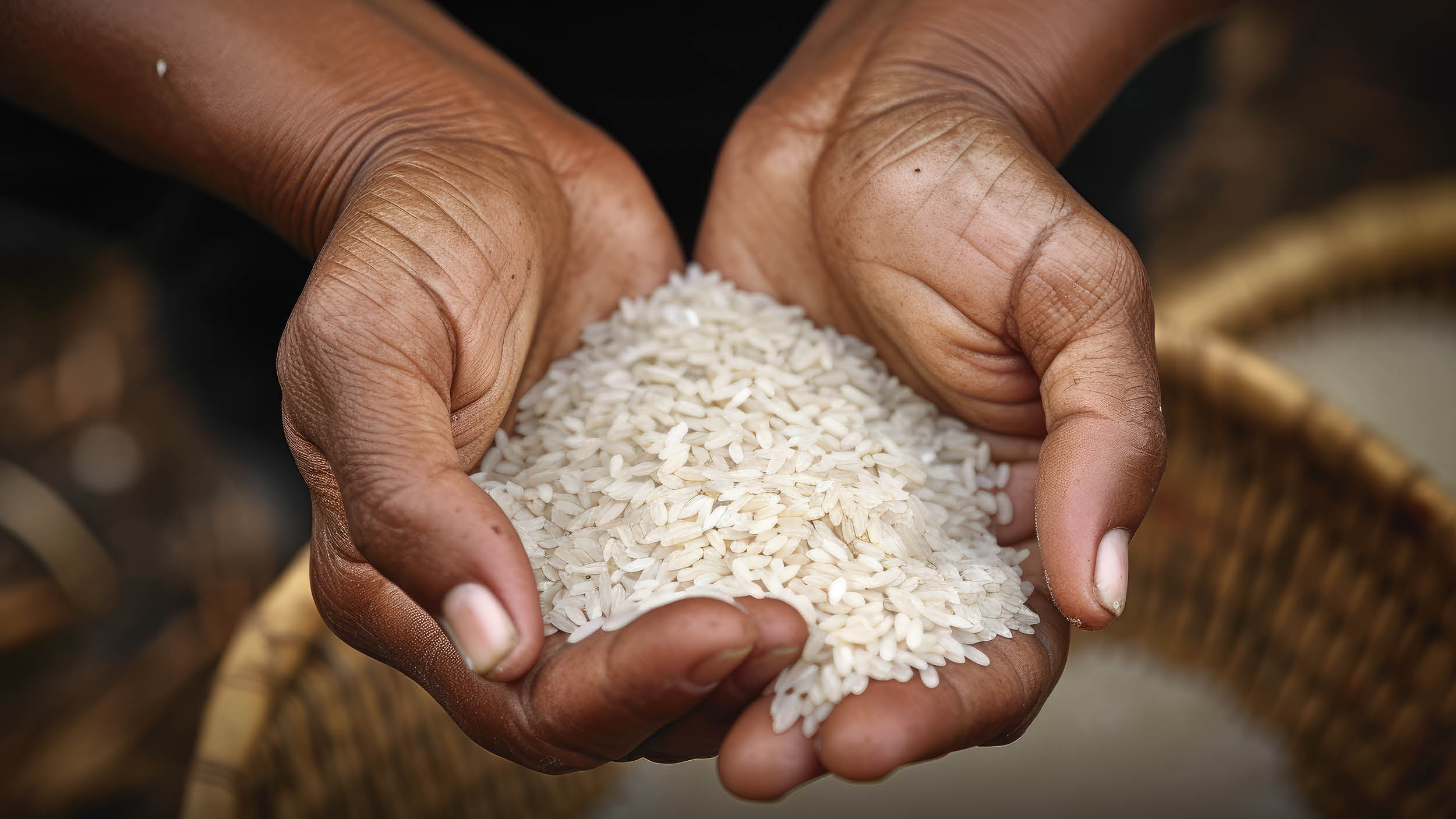
The UNCTAD secretariat has the honour to invite experts from member States to a series of Trade Policy Dialogue sessions, on issues related to the trade and development agenda of relevance to the upcoming WTO 13th Ministerial Conference.
What role for Special and Differential Treatment on Sanitary and Phytosanitary Measures and Technical Barriers to Trade?
The G90, consisting of the African Group, the African, Caribbean and Pacific (ACP) Group, and the Least Developed Countries Group, have submitted proposals for MC13 at the WTO Committee on Trade and Development (CTD) calling for Special and Differential Treatment (SDT) on Sanitary and Phytosanitary (SPS) measures and Technical Barriers to Trade (TBT).
The proposals call for, inter alia, extended periods for consultation, comments and compliance, as well as financial and technical assistance. The concrete proposals and the state of play of negotiations will be discussed in this session.
UNCTAD research finds that developing countries, least developed countries, as well as micro, small and medium-sized enterprises (MSMEs) and women, are disproportionately affected by SPS measures and TBT.
While these non-tariff measures (NTMs) are de jure non-discriminatory, their real-world impact is not. This is due to their inherent fixed costs. Therefore, the calls for Special and Differential Treatment have merit.
The session will present relevant evidence and discuss multilateral policy options as well as other complementary actions at national and regional levels.
Furthermore, SPS measures and TBT play a pivotal role for food security. On the one hand, the cost impact of these technical measures on agricultural trade can be three times higher than that of tariffs. On the other hand, SPS measures, ensure food safety and protect harvests from pests and invasive species.
This session will also disentangle these complex linkages between non- tariff measures and food security.
Key questions
- How do SPS measures and TBT affect developing and least developed countries, including their food security?
- How can Special and Differential Treatment reduce costs and support food security in developing and least developed countries?
- Which negotiation outcomes are feasible at MC13 for Special and Differential Treatment on SPS measures and TBT and the G90 proposal?


